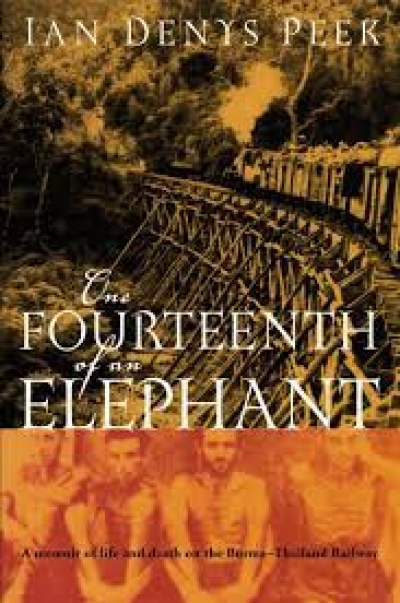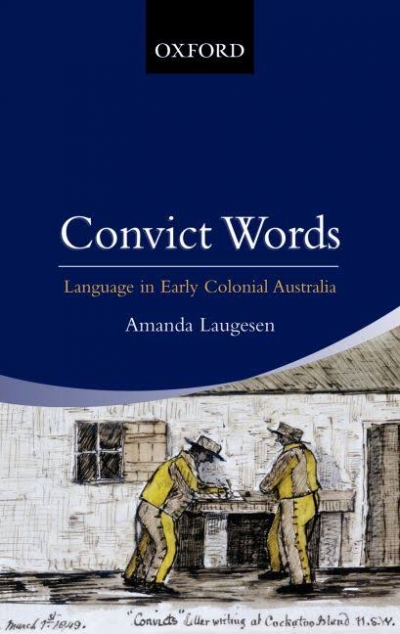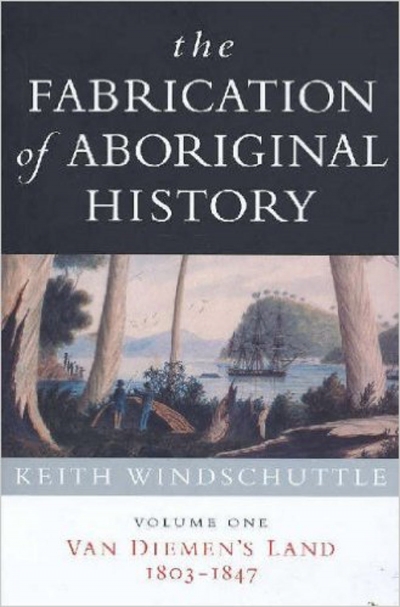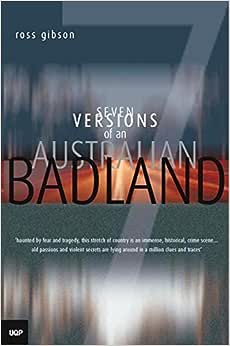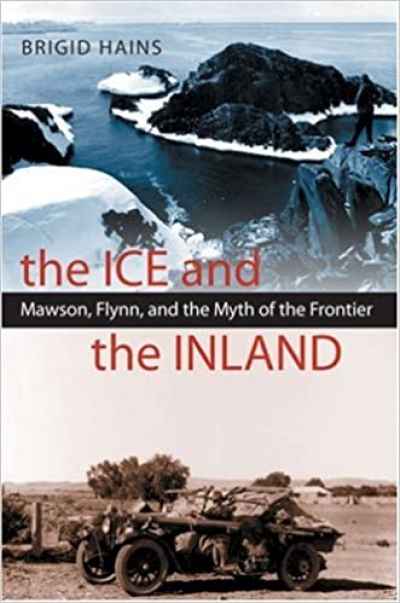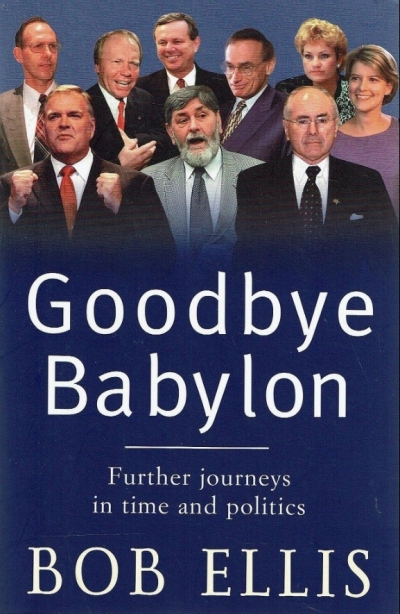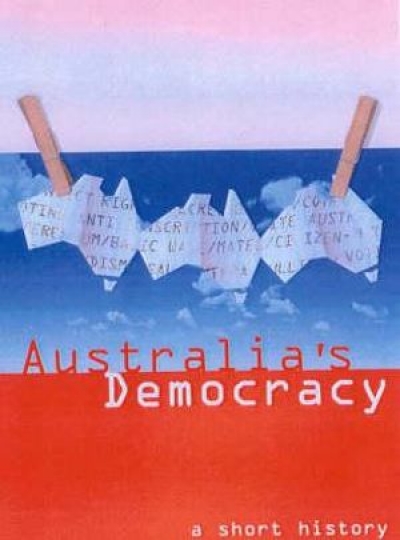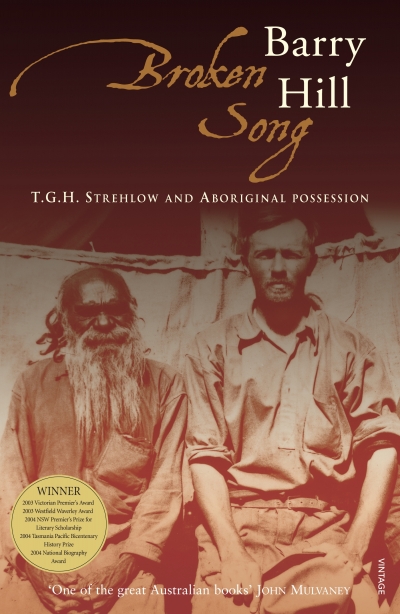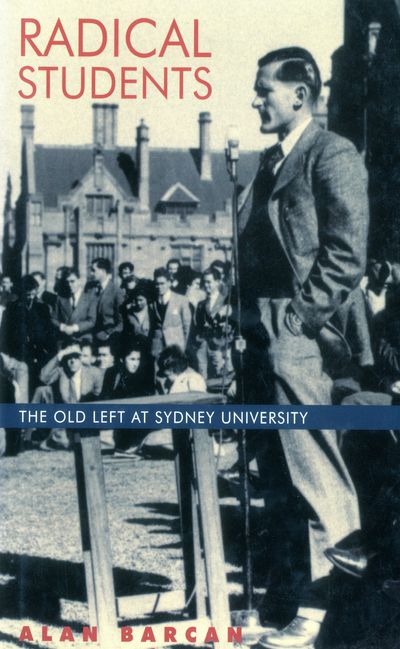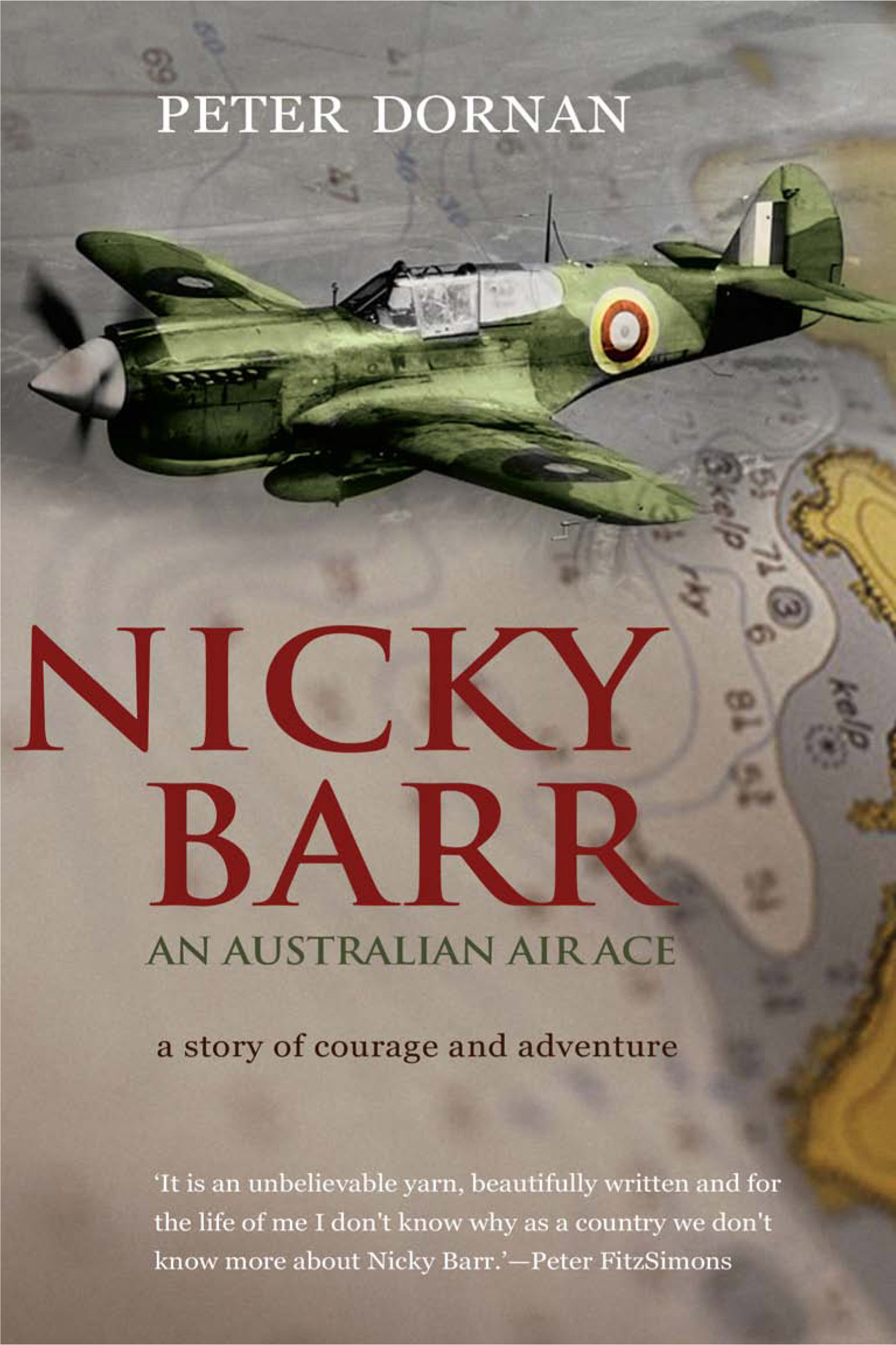History
One Fourteenth of an Elephant by Ian Denys Peek & If This Should Be Farewell edited by Adrian Wood
These two unusual books reflect on aspects of the prisoner-of-war experience in Singapore, Thailand and Burma during World War II that have not been much canvassed in Australia. One Fourteenth of an Elephant, Ian Denys Peek’s sometimes irascible ‘memoir of life and death on the Burma-Thailand Railway’, relates the experiences of a member of the Singapore Volunteer Armoured Car Company. Peek was British and had grown up in Shanghai, but was not taken into captivity there as was novelist J.G. Ballard (who recalled the experience in Empire of the Sun). Peek and his brother Ron were at the fall of Singapore. Soon afterwards began their movements between a series of hospital and labour camps along the railway. Peek’s story – his first book, published sixty years after his capture and told in the first person – gives a British perspective on a fate that he shared with thousands of Australians.
... (read more)Convict Words: Language in early colonial Australia by Amanda Laugesen
Amanda Laugesen’s Convict Words is a dictionary of the characteristic or salient words of early colonial discourse, the lexis of the convict system and transportation, which survived until 1840 in New South Wales, 1852 in Van Diemen’s Land, and 1868 in Western Australia. It is not immediately clear what sort of readership is envisaged for the book. It would not occur to many people interested in Australian colonial history to address the subject through the words the actors in that history used, and the book does not directly answer most of the questions the enquirer might have in mind, unless of course it were convictism itself. As for word-buffs, the limited range of the target lexis – convict words in this narrow sense, and not necessarily Australianisms – may not have suggested itself as an engrossing topic.
... (read more)The Fabrication of Aboriginal History: Volume one, Van Diemen’s Land 1803–1847 by Keith Windschuttle
Keith Windschuttle seeks to undermine a ‘mindset’ among historians of Tasmania that started in Henry Melville’s History of Van Diemen’s Land (1835) and continues in Henry Reynolds’s An Indelible Stain (2001). Mindsets, or ‘interpretive frameworks’, sensitise historians to ‘evidence’ that fits their ‘assumptions’ ...
... (read more)Seven Versions of An Australian Badland by Ross Gibson & Looking For Blackfellas’ Point by Mark McKenna
The idea of place as a metaphor of Australia’s colonial past and post-colonial present is a recent development in Australian history. The three books reviewed here come from a new generation of cultural historians who want to move the story of Australia from the national to the local. These cultural historians’ books reveal an intimacy with place and a new confidence in connecting the past to the present.
... (read more)The Ice and the Inland by Brigid Hains & Australia’s Flying Doctors by Roger McDonald and Richard Woldendorp
Australia’s frontier legend is alive and well, as is John Flynn’s contribution to it in these two new books. In Australia’s Flying Doctors, Richard Woldendorp’s glorious photographs celebrate a medical service that reaches about eighty per cent of the vast Australian landmass. They are complemented by Roger McDonald’s economical personal vignettes of outback spirit.
... (read more)Bob Ellis is the quintessential Labour groupie, and Goodbye Babylon the latest instalment in the saga of his love affair with the ALP, which began with The Things We Did Last Summer, a slim and evocative volume, published twenty years ago. By contrast, Goodbye Babylon is a fat book; rather like Ellis himself, it is sprawling, dishevelled, undisciplined but likeable, witty, and gregarious. His prose, though prone to excess, can be rich and compelling.
... (read more)Australia’s Democracy by John Hirst & The Citizens’ Bargain edited by James Walter and Margaret Macleod
John Hirst faced a challenging task when he set out to write Australia’s Democracy: A short history. In a single monograph, he has traced the story of political rights and practices of citizenship, assessed within a context of social change. Not only does such writing place considerable demands on a historian’s range, but any prominent historian who attempts a short history attracts the sharp attention of all stakeholders. In Hirst’s case, his position as chair of the Commonwealth Government’s Civics Education Group has contributed further to his high profile in recent discussion on the need for citizenship training. Australia’s Democracy was funded by the Department of Education, Science and Training, and made available to schools for the ‘Discovering Democracy’ programme. Few historians write while carrying so much responsibility towards their prospective readership.
... (read more)Broken Song: T.G.H. Strehlow and Aboriginal possession by Barry Hill
It seems to be only a couple of years ago that my students declared gender and race to be the ‘hot’ topics in culture. Now, I confidently predict, they will relegate gender (still acknowledging its importance) and reformulate the second term by adding a third: race and its intersection with religion, in its broadest definition.
... (read more)Radical Students by Alan Barcan & The Diary of a Vice-Chancellor by Raymond Priestly (ed. Ronald Ridley)
Many thousands of undergraduates have walked under the stilts of the Raymond Priestley Building, which forms part of Melbourne University’s great wind tunnel, with no thought of the person commemorated by its name. He was, in fact, a remarkable man. His four years as Vice-Chancellor (1935–38) emerge in extraordinary detail and intimacy, thanks to this edition of his journals.
... (read more)Nicky Barr, an Australian Air Ace by Peter Dornan & Catalina Dreaming by Andrew McMillan
These are two quite different books about two quite different aspects of Australia’s involvement in the air war of 1939–45. Andrew McMillan, in Catalina Dreaming, describes in an effective, episodic manner what the war was like for the aircrew and ground staff of the RAAF who flew, serviced and maintained the Catalina flying boats. These aircraft were operated from Northern Australian bases over long expanses of water against distant Japanese targets. McMillan presents a colourful account of what it was like being involved in the war fought from areas such as Little Lagoon, the Qantas Base on Groote Eylandt opened in 1938, or Melville Bay in the Gulf of Carpentaria.
... (read more)

